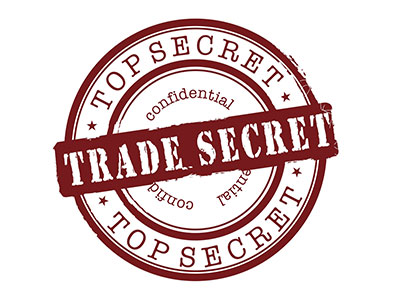
While Russia has long protected trade secrets through the Federal Law on Information, Information Technologies and Information Protection and the Trade Secret Law, amendments to the Russian Criminal Code on June 29, 2015 now substantially increase liability for disclosure of trade secrets. Illegal disclosure of trade secrets may now result in more serious consequences, including increased fines equal to as much as three years’ wages for disclosure.
Under the Russian Trade Secrecy Law, trade secrets are a regime of confidential information, which enables the holder of such information under existing or possible circumstances to increase income, avoid unreasonable expenses, maintain its position in markets for goods, or obtain other commercial benefits. Information which constitutes a trade secret is defined as information of any kind (including products of human intellect and information on how to carry out a professional activity), which is valuable (or potentially valuable) because it is nonpublic information.
Disclosure of such information is defined as any act or omission resulting in that information becoming known to a third party without the consent of its holder or in breach of contract.
Prior to the amendment of the Russian Criminal Code, traditional remedies included the right to terminate an employee who has illegally disclosed a trade secret under Article 81(6)(c) of the Russian Labor Code, and to seek damages under Article 11 of the Russian Trade Secret Law.
The main types of damages for disclosure of trade secrets include direct losses and loss of profits and other consequential losses, such as a reduction in a company’s client base resulting from a theft of the client database or otherwise.
Now, a trade secret owners’ remedies have increased with the following amendments to the Russian Criminal Code in order to prevent illegal disclosure of trade secrets:
- Gathering trade secrets in any illegal way, whether by the theft of documents, bribery, threats or otherwise, shall be punishable by a fine of 500,000 Russian rubles (“RUR”) or equal to the wages received during a period of up to one year by the person convicted of such offense. (Previously, the figures were RUR 80,000 and wages for a period of one to six months, respectively.)
- Any illegal disclosure or use of a trade secret without the consent of its holder shall be punishable by a fine of RUR 1,000,000 or equal to the wages received during a period of up to two years by the person convicted of such offense. (Previously, the figures were RUR 120,000 and wages for a period of one year, respectively)
- Any such offense causing major damage or committed with a view to pecuniary gain shall be punishable by a fine of RUR 1,500,000 or equal to the wages received during a period of up to three years by the person convicted of that offense. (Previously, the figures were RUR 200,000 and wages for a period of 18 months, respectively).
The above measures to toughen the law show that the Russian legislators are attempting to find effective ways to prevent illegal disclosure of trade secrets.

